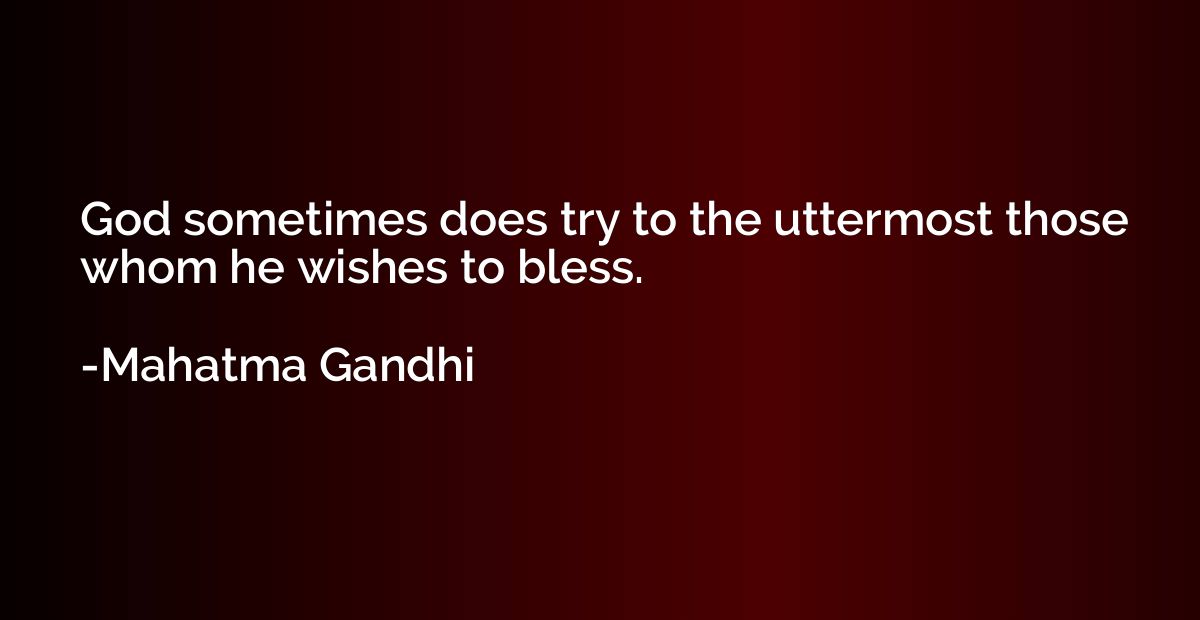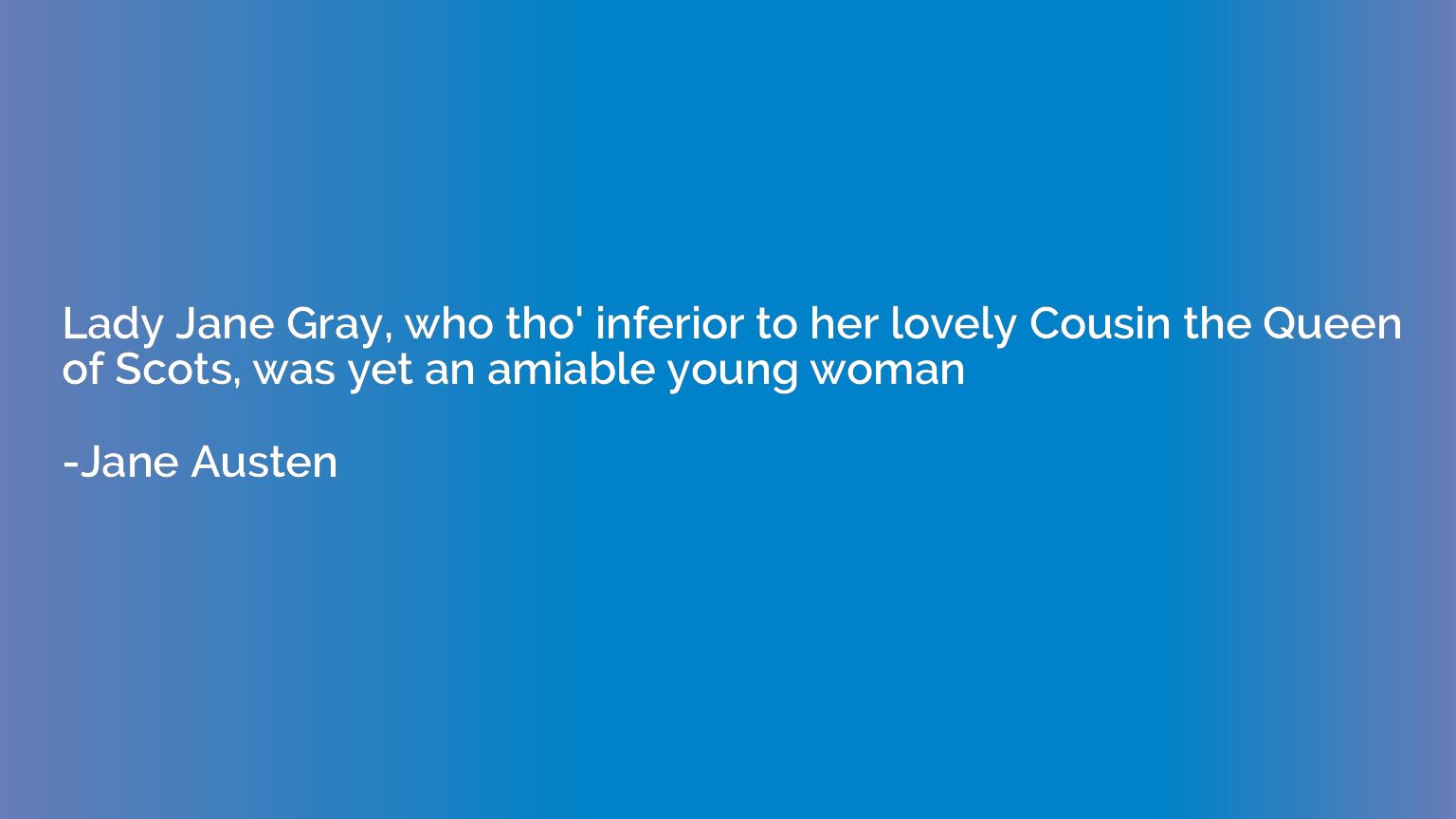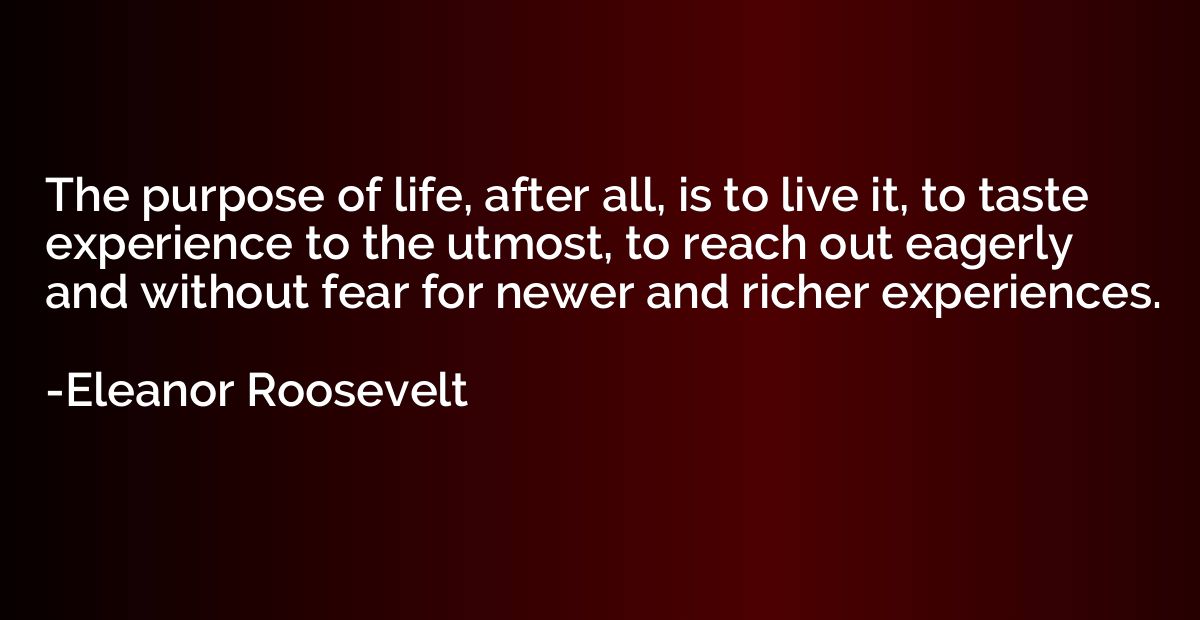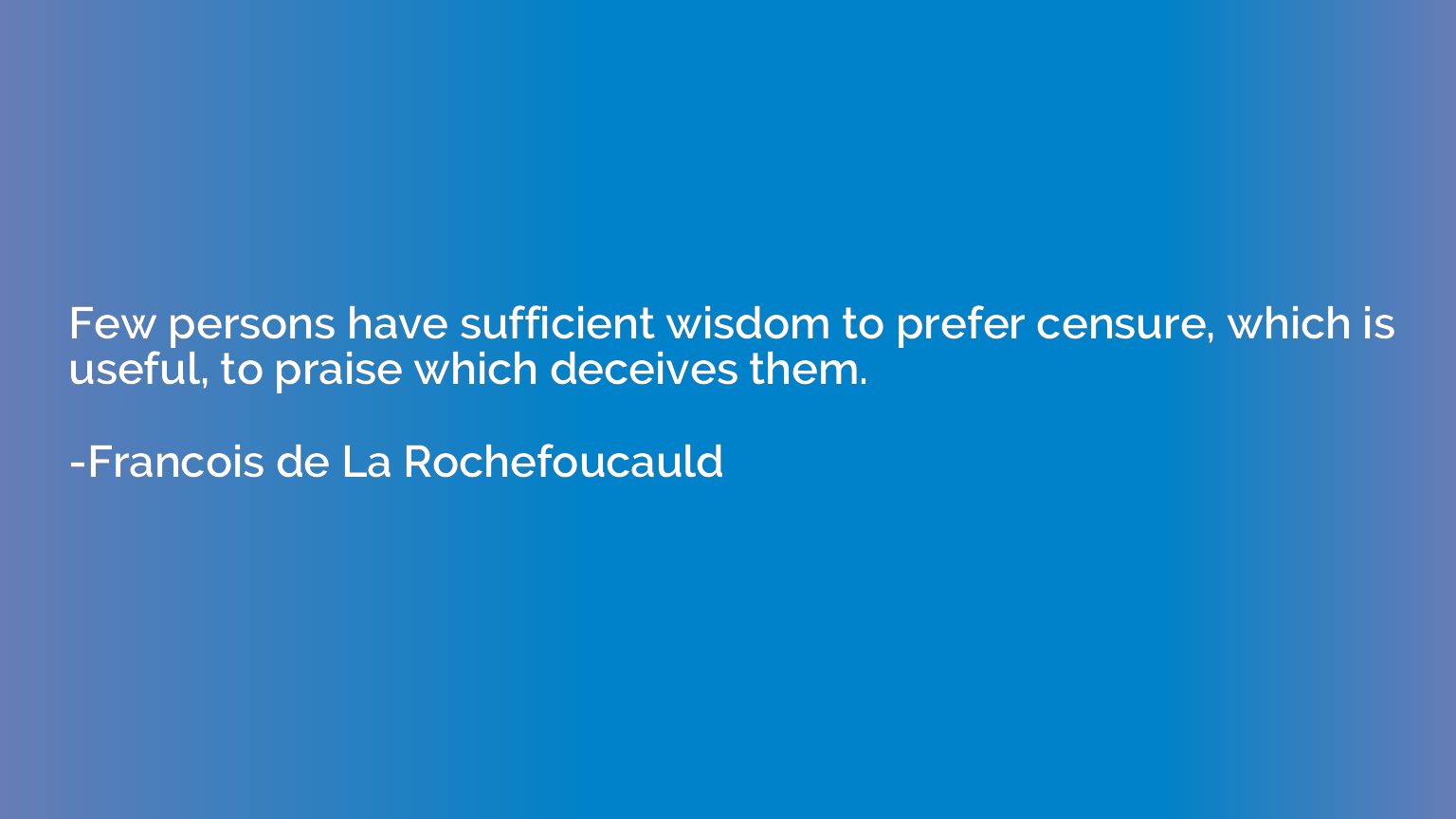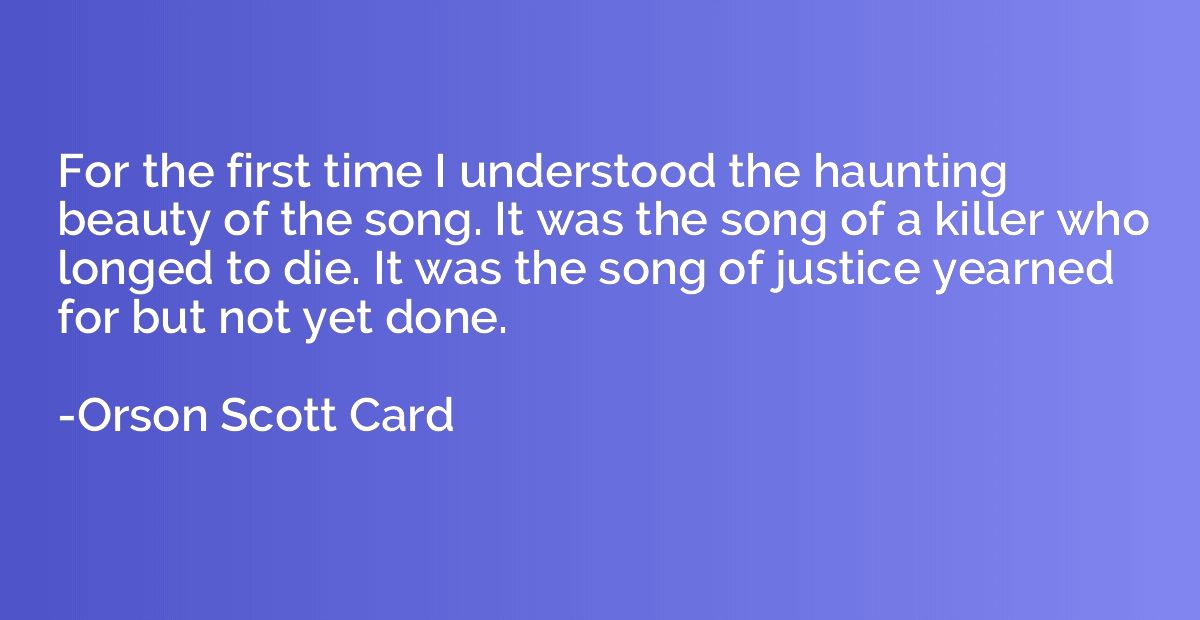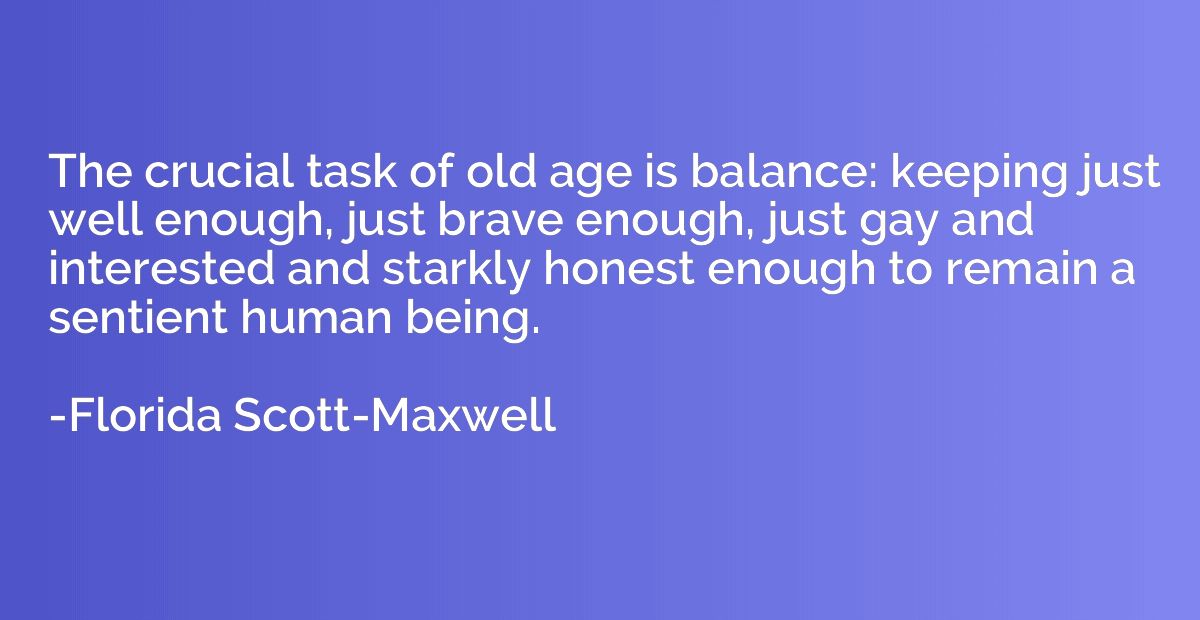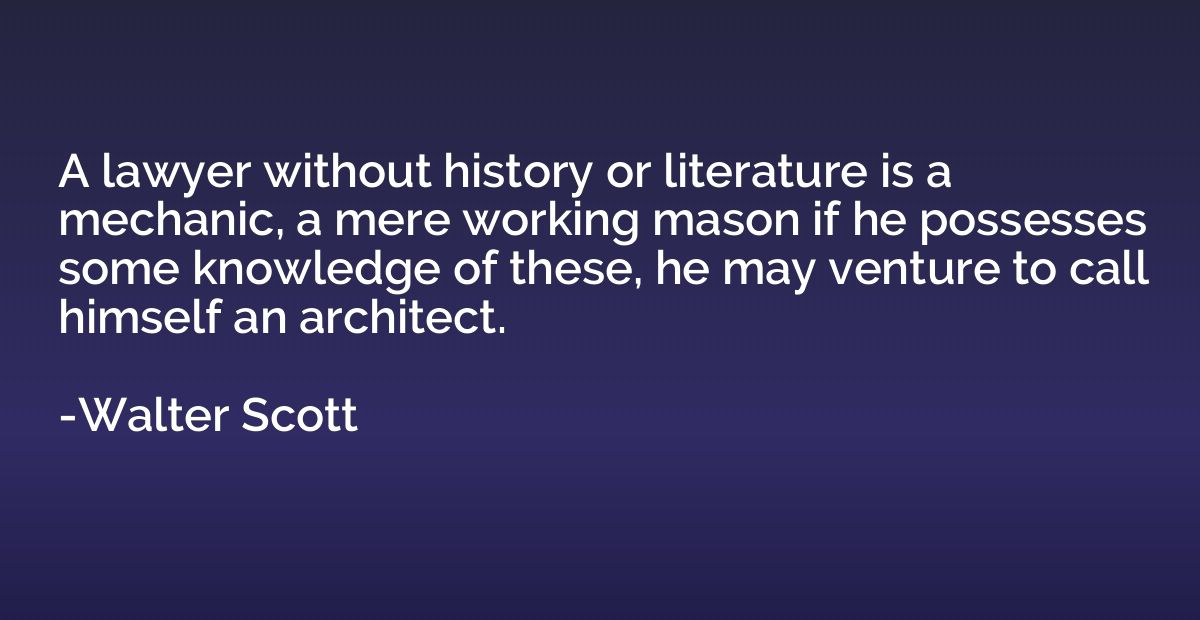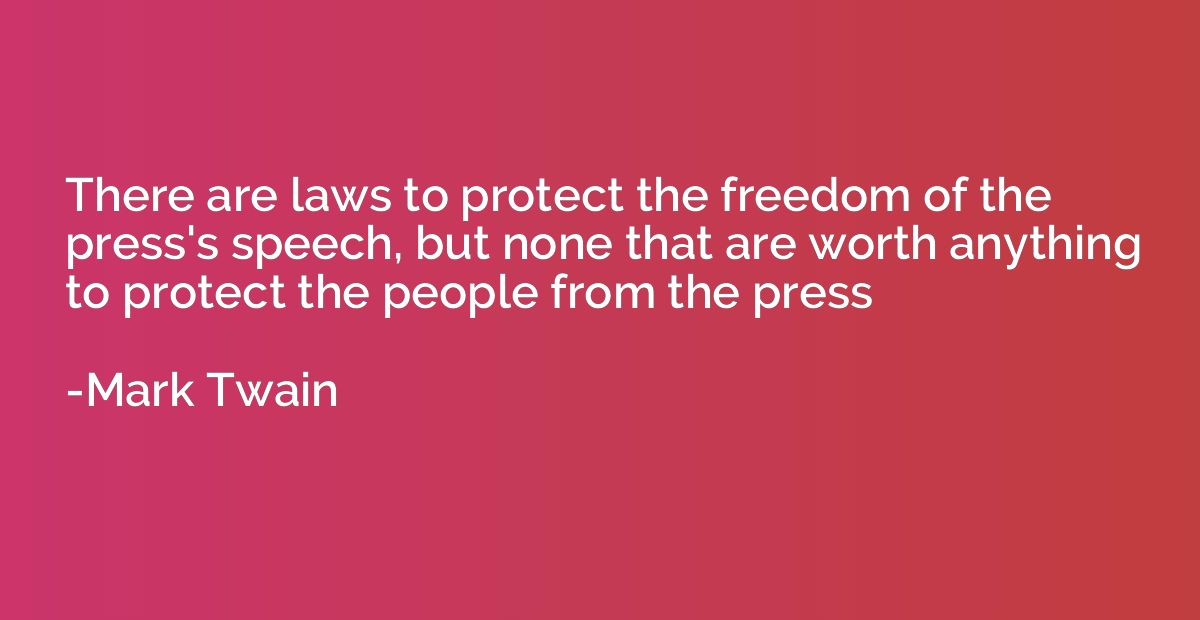Quote by Orson Scott Card
The most important training, though, is to experience life as a writer, questioning everything, inventing multiple explanations for everything. If you do that, all the other things will come if you don't, there's no hope for you.
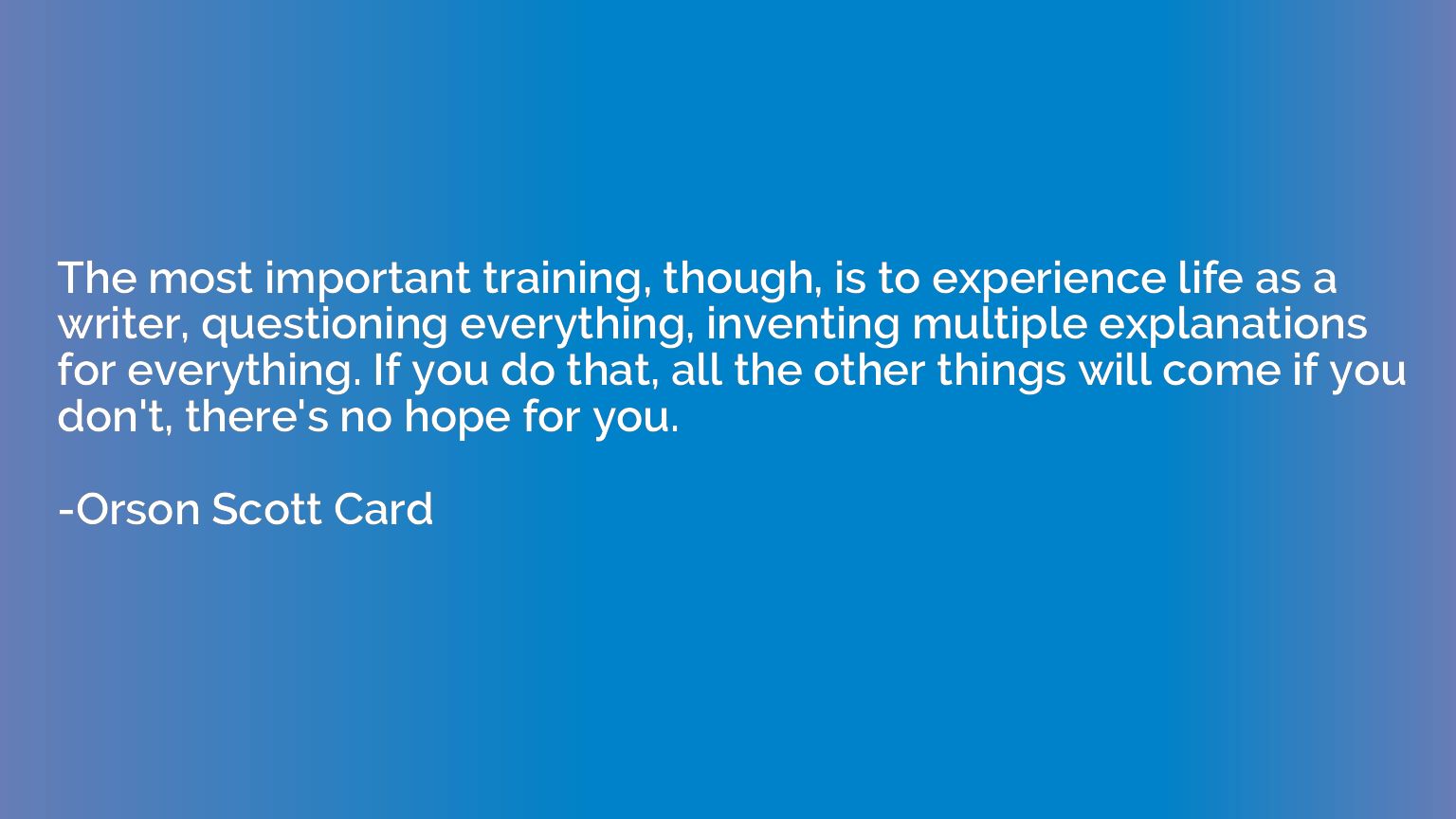
Summary
This quote emphasizes the significance of active engagement with life as a writer. It suggests that the key training for writers lies in experiencing life fully, constantly questioning and seeking multiple explanations for everything encountered. By adopting this approach, all other aspects of writing will naturally develop. However, if one does not engage in this way, the quote seems to imply that there is little hope for growth or success as a writer.



